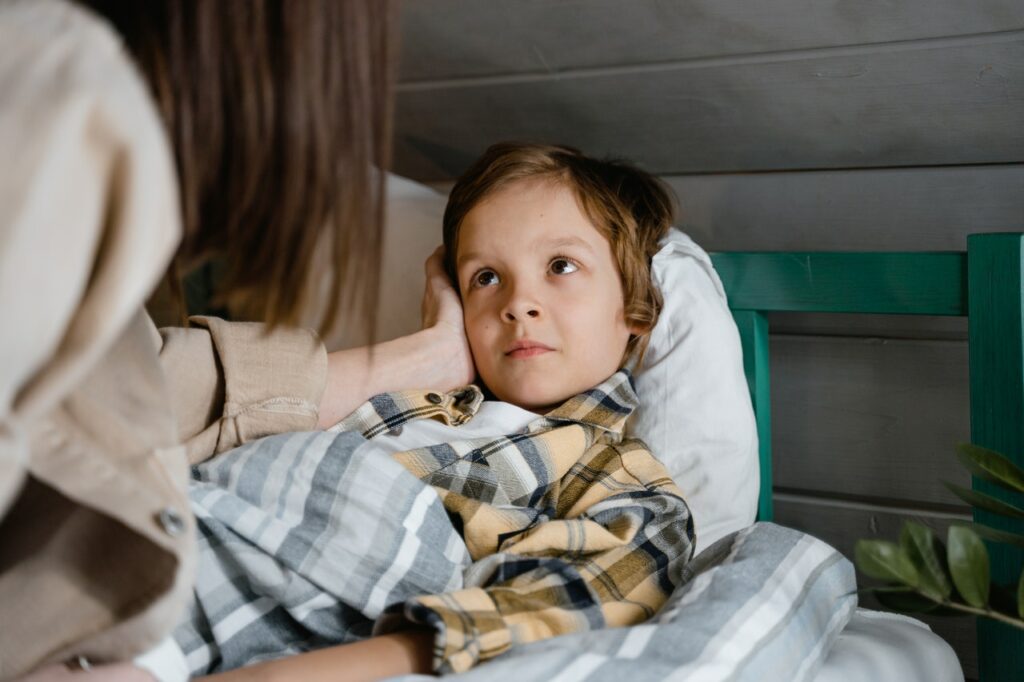Allergies are an immune system response that causes an exaggerated reaction when your body’s defenses fight off an allergen. They are a common problem in children—allergies are the sixth leading cause of chronic illness in children, affecting at least 40 percent of the total kid population in the US. But since having allergic reactions is inevitable for most people, how do parents help their children experiencing any form of allergies in the future? Here are some ideas.
What Are Seasonal Allergies?
Seasonal allergies are the most common form of allergies in children. It is the kind of allergy caused by pollen or mold spores from plants and trees. People with seasonal allergies develop symptoms like sneezing, itchy eyes and nose, runny nose, and asthma each season. Over-the-counter (OTC) medications are a standard treatment for seasonal allergies, like nasal sprays and medicated eye drops.
Who Are Prone to Seasonal Allergies?
According to the American Academy of Allergy, Asthma, and Immunology (AAAAI), people at high risk for seasonal allergies should be checked by a pediatrician. Allergists should check children at risk for seasonal allergies if they have family, personal, food, mold, fruit, tree, grass, or pollen allergy history.
Common Causes of Allergies
Environmental factors, genetics, and allergens are the most common causes of allergies in children. Although they do not manifest all simultaneously, they may show up at random times and still produce a hindering condition to the people experiencing them.
1. Environmental Factors
Environmental factors can mean everything around the kid. From your child’s food and toys to animals, everything they touch can become ecological factors that can cause allergies from your child’s food and toys to animals. As alluded to earlier, pollen, mold spores, vegetable, dairy, and tree-related allergies are the most common environmental allergens.
2. Genetics
If at least one of the parents or older siblings of the child has seasonal allergies, the child will likely inherit the allergy. However, there are cases where the children will not develop allergies based on their genes. For instance, there is a 30 to 50 percent chance that a child with one allergic parent will not have the same condition. Meanwhile, the rates are higher for kids with both allergic parents at a 60 to 80 percent chance.
Common Symptoms of Allergic Reactions
Allergic reactions are not silent attackers. They usually manifest themselves by showing symptoms to the person experiencing the allergic reaction.
1. Vomiting
Vomiting is a common symptom of an allergic reaction. Nausea usually accompanies a person experiencing an allergic reaction. However, the terrible thing about it is the feeling seems uncontrollable. People experiencing vomiting while having an allergic reaction may also experience severe dizziness.
2. Shortness of Breath
People describe shortness of breath as something similar to the feeling of being strangled or choked. It usually occurs first in the throat, slowly going down to the patient’s chest.
3. Sneezing
Sneezing occurs due to the sudden buildup of pressure in the sinuses. The pressure is caused by the allergy and the mucus produced because of it.
4. Headache
Headaches are the most common allergy symptom. It usually occurs after a short while of sneezing, and it comes with a sore throat.
Conclusion
The treatment for the allergic reaction may vary depending on the type of allergy. For instance, seasonal allergies in children and adults always need medications like eye drops or nasal sprays, while food allergies in children can be treated by simply avoiding the allergen. However, in some cases, hospitalization is needed for severe allergic reactions.
Your Kids Urgent Care offers urgent care for kids needing immediate medical assistance. Our goal is to prioritize the medical needs of children, infants, and adolescents up to 21 years old. Through urgent care centers, there is no need for people to travel to the nearest emergency room in their town to receive the assistance needed. Look for the nearest urgent care center near you by entering your zip code on our website today.



